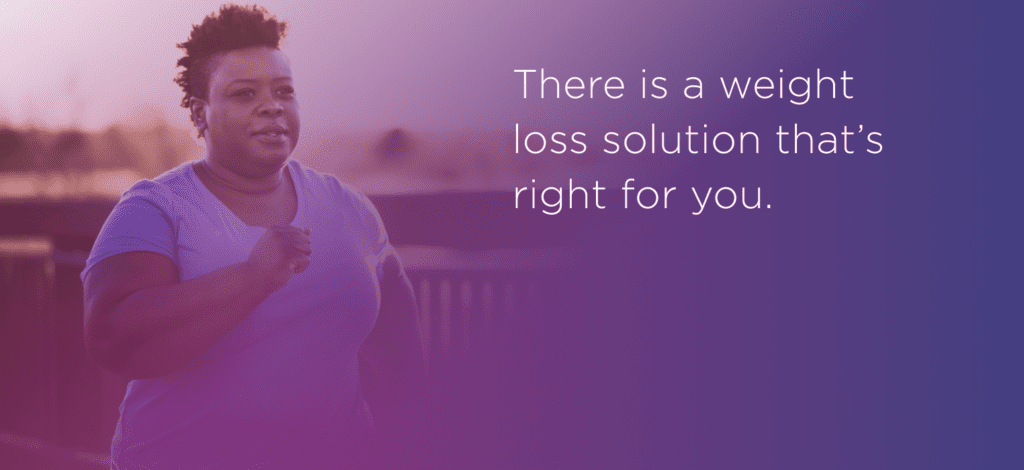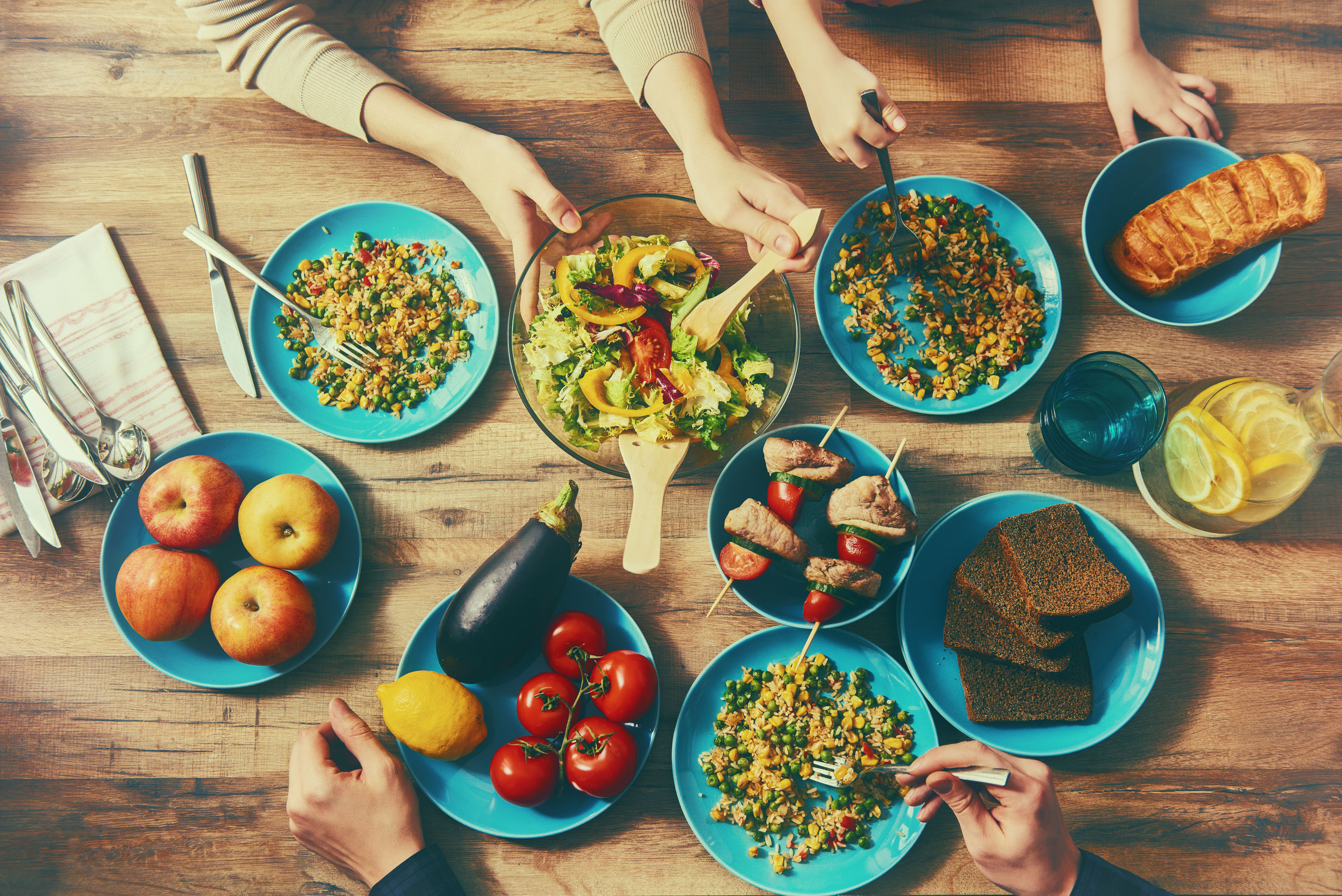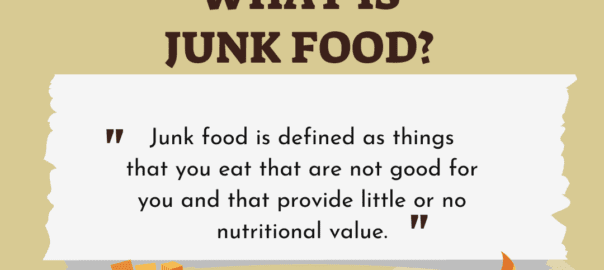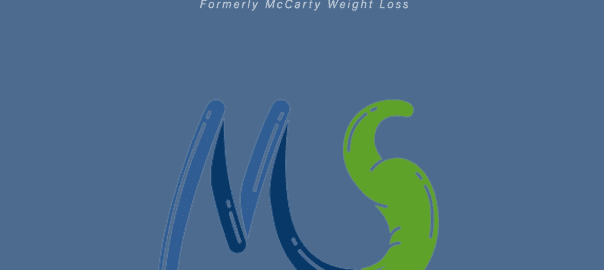Reading Time: 3 minutes

If you have weight to lose, you may think that the best way to get started is by eating less. Lowering your consumption of calories, paired with regular exercise, forms the basis of the weight loss equation. But did you know that not eating enough can keep you from achieving your weight loss goals?
Pay attention to your body!
Overdoing the restrictions on your calorie intake stalls weight loss. Why? Because, in order to burn calories, your body needs calories. Food revs up your body’s metabolism — the biological mechanism that burns fat. Food is the primary source of fuel for your metabolism. If you restrict your calorie intake too severely, your body may think it’s being starved and begin storing energy in the form of fat. Worse, your body may begin breaking down muscle tissue to meet its immediate metabolic needs. Losing weight isn’t about depriving your body of food, leaving you hungry. It’s about eating the right foods. The right foods — high in protein and fiber and low in sugar and fat — keep you satisfied and provide the kind of calories that keep your body operating at peak efficiency. If you’ve been watching what you eat but aren’t seeing a difference on the scale, it may be because you aren’t eating enough. Here are some telltale signs you need to start eating more.You’re always thinking about food.
If you can’t stop thinking about food, you may not be eating enough. Snacks packed with protein and fiber are great for bridging lunch and dinner and avoiding the afternoon doldrums. When you turn off your growling stomach with a healthy snack, you may also find it easier to focus on the task at hand.You’re skipping meals.
Again, weight loss isn’t about fasting. It’s about eating the right kinds of foods. If you think skipping breakfast or lunch will help you fit into your skinny jeans sooner, you may be fooling yourself. If you feel deprived because you’ve skipped a meal, you’re probably more likely to binge eat later, which is sure to derail your diet plan.You’re having headaches.
Frequent, strong headaches may be the sign of low blood glucose levels, as your brain needs this sugar in order to function. If you’re having unexplained headaches, or feel shaky, dizzy or light-headed, your blood sugar may have dropped too low. Grab a quick snack such as a piece of fruit or cheese to get your glucose levels back up and start feeling like yourself again.You’re exhausted all the time.
Remember that your body uses food for fuel. If you feel like you’re running on empty at all hours of the day, you probably are. Fill up your tank with a high-protein, high-fiber breakfast or a mid-morning snack such as cottage cheese with a handful of nuts.You’re agitated and irritable.
Are you simultaneously hungry and angry? If you’re not giving yourself enough sustenance, you’re more likely to be irritable and on edge. When you’re feeling hungry, you are also less likely to exercise the self-control needed to stick to a healthy diet. If you start feeling like you’re on a short fuse, grab a quick healthy snack. Doing so should help you feel better — not to mention stop you from saying or doing something you might regret. If you’re trying to lose weight, watching what you eat should be just one part of your plan. You still need to consume enough calories to support your body’s vital functions and to fuel your fitness regimen. Women should aim for a daily intake of between 1200 and 1500 calories. Men should make sure they consume no less than 1500 and no more than 1800 calories per day. Otherwise, you may find yourself falling behind in the pursuit of your weight loss goals.






